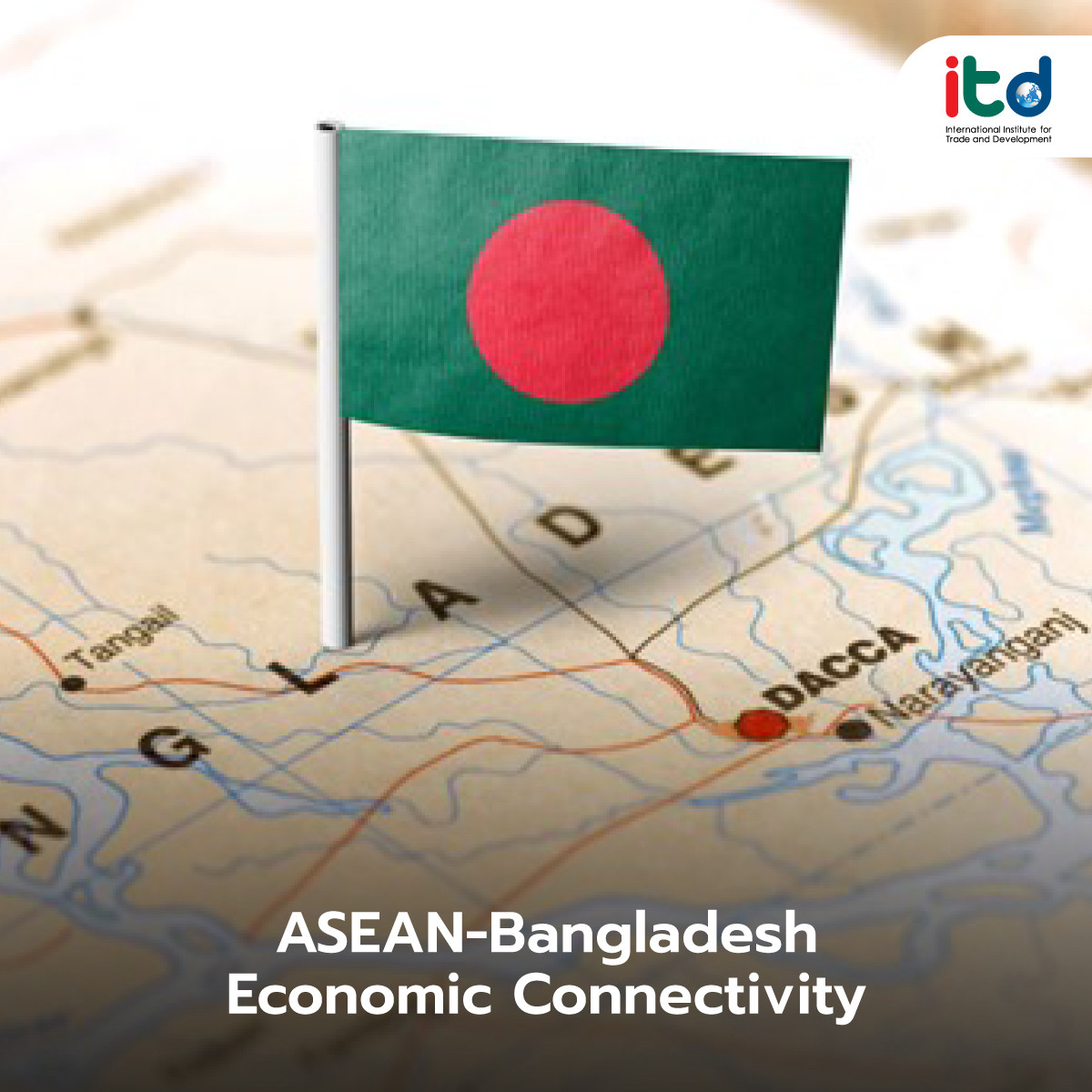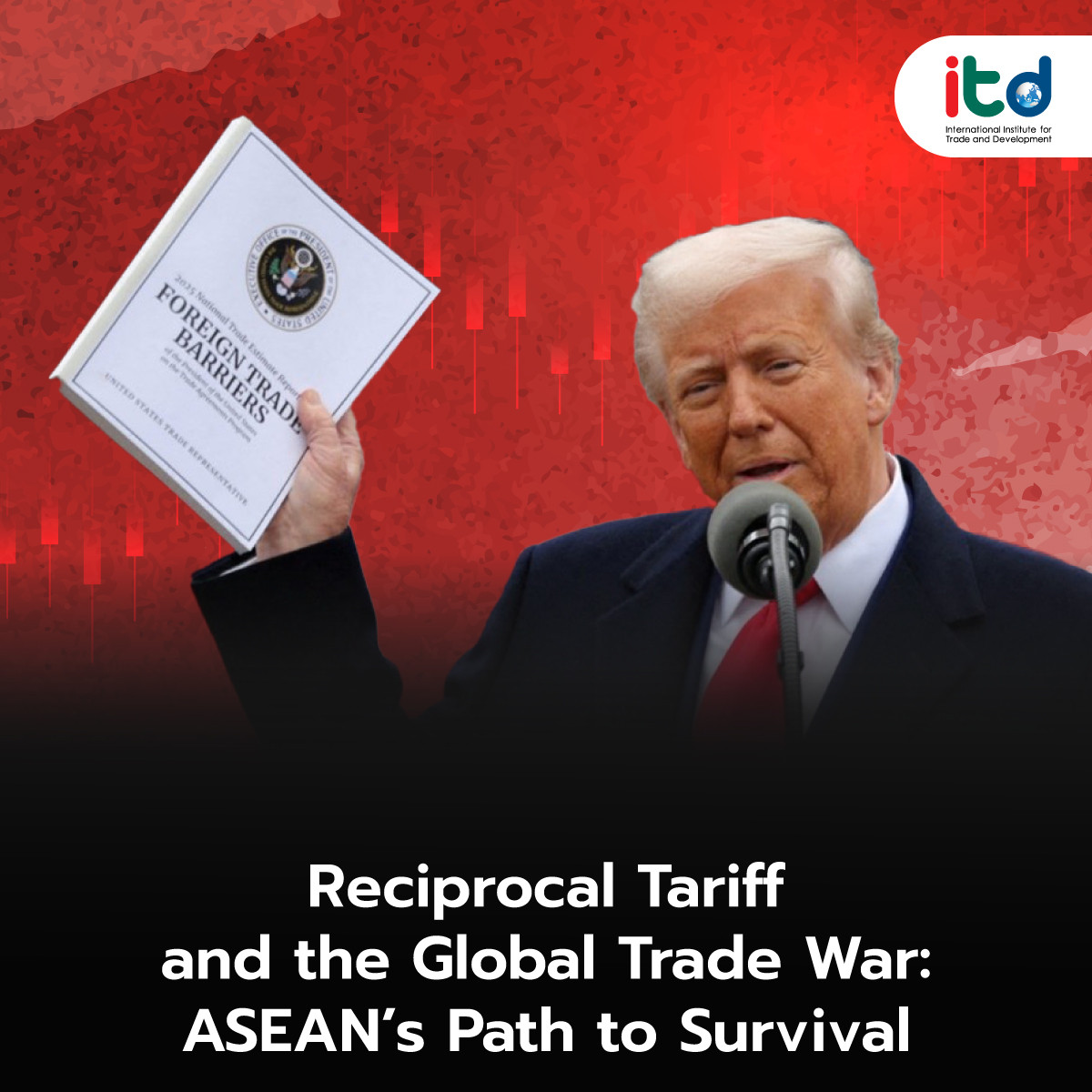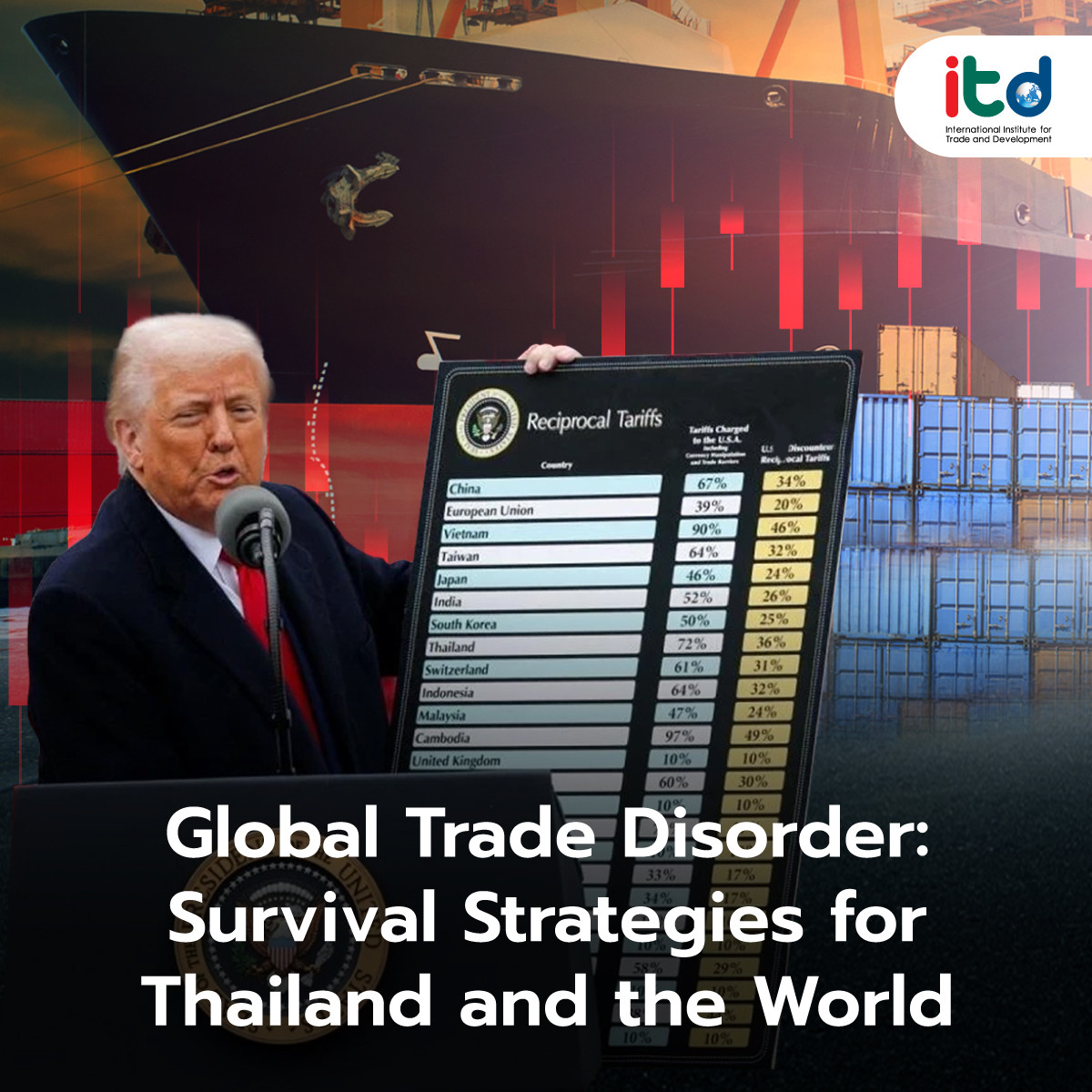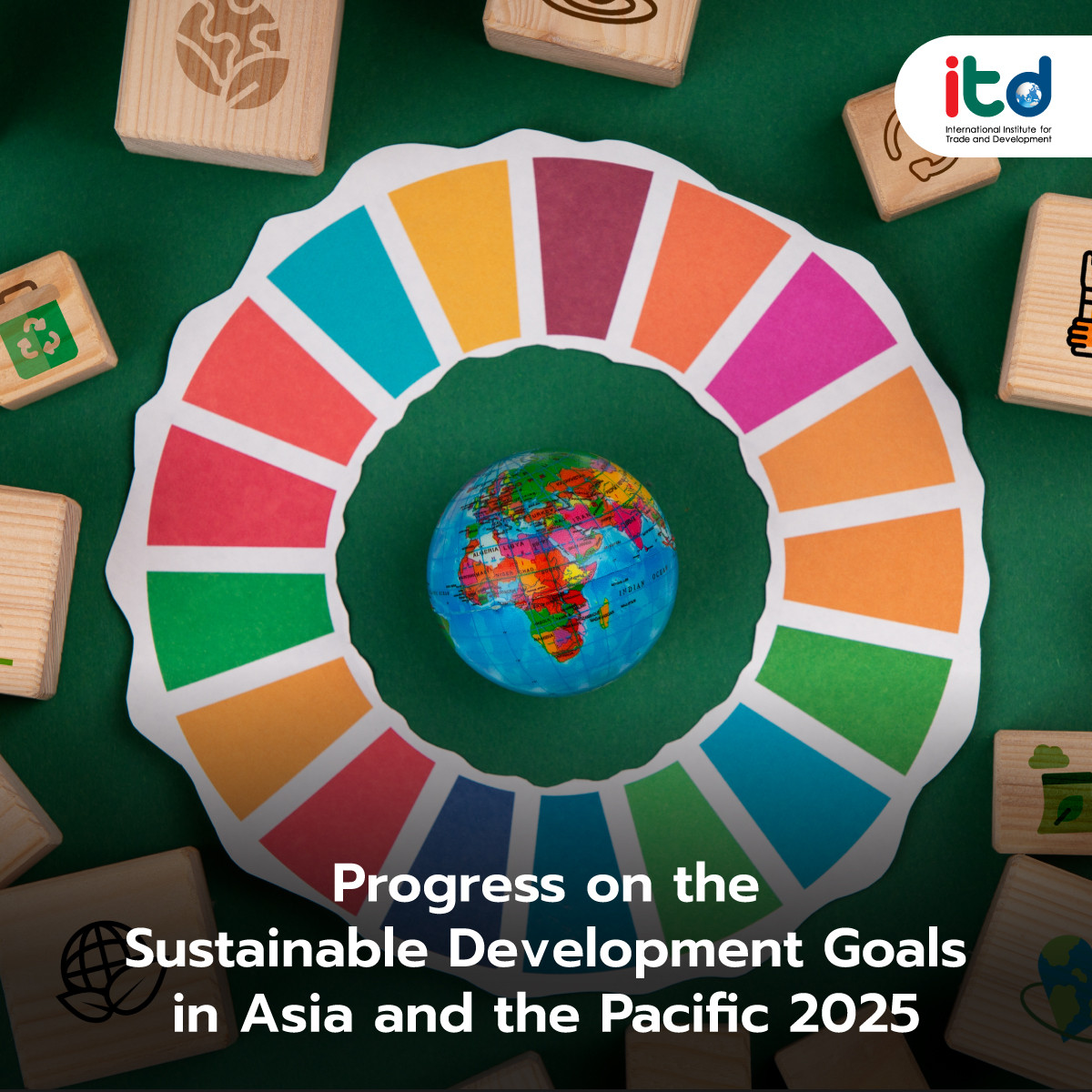About Documents
Over the past several years, Bangladesh has experienced strong economic growth, with an average annual GDP growth rate of 6.4%, despite challenges posed by the COVID-19 pandemic. This sustained economic expansion has led to a significant increase in per capita income, making Bangladesh an emerging market of interest in Asia.
This growth not only strengthens the domestic economy but also opens doors to new investment opportunities for foreign investors, including ASEAN countries seeking to expand their business presence in the region and connect with emerging economic prospects.
Bangladesh pursues a policy focused on economic freedom and supports foreign investment. Its economic connectivity with ASEAN is reflected in the proposed and under consultation and study Free Trade Agreements (FTAs) between Bangladesh-Thailand and Bangladesh-Malaysia. If successfully implemented, these agreements would not only reduce trade barriers but also open new markets for goods and services in each country. This would stimulate economic growth, expand investment, and create jobs in the region. Additionally, establishing such trade connectivity would serve as a crucial foundation for the long-term development of economic cooperation.
Bangladesh has also demonstrated its commitment to expanding its economic role in the region. At the World Economic Forum in Davos on January 25, 2025, Professor Muhammad Yunus, Chairman of the Advisory Council to the Government of Bangladesh, sought support from ASEAN member states to push for Bangladesh’s membership in the bloc.
Such participation would provide Bangladesh with the opportunity to deepen its economic linkages with ASEAN. However, Bangladesh’s accession to ASEAN remains a complex issue that requires thorough consideration, as ASEAN membership is contingent upon geographical alignment with Southeast Asia. Nevertheless, economic cooperation between the two sides could still be pursued through other multilateral mechanisms, such as BIMSTEC or the ASEAN Regional Forum, as an alternative.
Currently, economic relations between ASEAN and Bangladesh continue to expand, particularly in investment opportunities within Bangladesh’s industrial sector. ASEAN can utilize Bangladesh as a production and distribution base for the South Asian market, benefiting from its low labor costs and growing domestic market. As a result, Bangladesh has become a key destination for ASEAN’s regional supply chain expansion.
According to the Bangladesh Investment Development Authority (BIDA), the manufacturing sector in Bangladesh is one of the key pillars of the country’s economy. In particular, the ready-made garment industry has experienced an average annual export growth of 7%, reaching an export value of $27.4 billion in 2020. Bangladesh is also a global leader in sustainable garment production. Additionally, the country’s pharmaceutical industry is growing rapidly, covering 97% of the domestic market and exporting to over 100 countries. The market value is expected to exceed $6 billion by 2025.
The service sector, especially the information technology (IT) and healthcare industries, also shows strong growth potential. Bangladesh is emerging as a hub for digital skills, with the IT sector being one of the fastest-growing industries. Meanwhile, the healthcare sector is expanding at an annual rate of 10.3%, offering opportunities for foreign direct investment (FDI) in medical infrastructure development.
However, Bangladesh still faces several challenges, including infrastructure improvements, workforce development, and long-term political stability. Support from ASEAN, in the form of economic cooperation and investment, will be crucial in helping Bangladesh achieve its development goals. At the same time, ASEAN stands to gain access to a high-potential new market, expanded trade and investment networks, and enhanced regional economic stability.
Author:
Ms. Natjaree Petruang
Researcher
International Institute for Trade and Development (Public Organization)
www.itd.or.th
Publication: Bangkok BIZ Newspaper
Section: First Section/World Beat
Volume: 38 Issue: 12836
Date: Wednesday, Feb. 12, 2025
Page: 10 (left)
Column: “Asean Insight”






